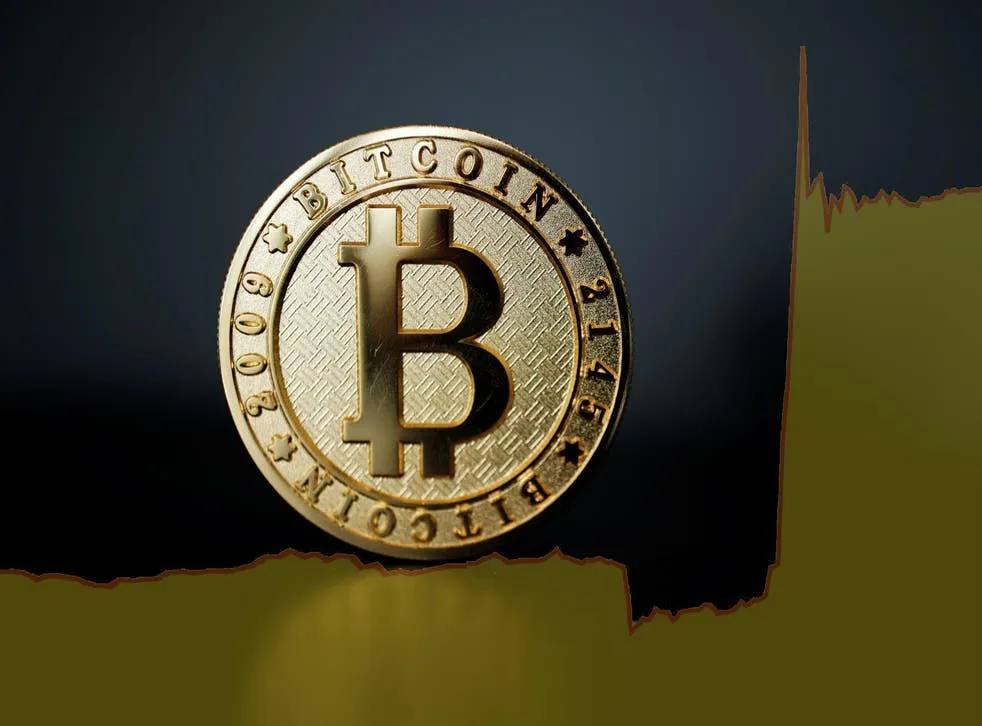In the computerized age, the ideal pristine money ought to have basically these three qualities:

It ought to be liberated from the control of any authority so it can't be controlled and printed voluntarily (and cheapened), and it's not possible for anyone to mention to anybody what they can and can't utilize it for.
The money ought to be borderless, so it tends to be handily traded across any area with anybody.
It ought to be unopinionated, in order to not support a particular framework or gathering of individuals. Basically, these (among numerous others) are the attributes of bitcoin, which appears as though an engaging option in contrast to any fiat-based financial framework.
Bitcoin is the world's originally decentralized advanced cash. Its worth essentially comes from it being the main computerized cash that no single individual, association, or authority has power over.
Anybody can get it, anybody can get it — and it's not possible for anyone to mention to anybody how they can or can't manage it.
It is a cash liberated from fascism, mistreatment, and out-of-control inflation, and a monetary place of refuge for anybody living under those conditions.
It has a restricted stockpile of roughly 21 million complete bitcoins that won't ever be changed, and we know precisely the number of are being delivered into the world at what rate, just as around when the last bitcoin will be made.
It is by and large harder to comprehend why a decentralized cash is important to individuals who live in first-world nations in light of the fact that their general public's cash is doubtlessly extremely solid, or thereabouts it gives off an impression of being.
All together for individuals in first-world nations to comprehend why bitcoin is important, they should perceive why the fiat cash framework is shaky.
THE PROBLEM WITH FIAT
Actually, any cash-constrained by a national bank isn't really strong, when you think about the 10,000-foot view. As a rule, governments have made a financial situation that permit them to control the stockpile of their nation's cash, guaranteeing its worth is sponsored by their promise that it will consistently merit something.
The issue is that "something" has gradually been worthless and less since fiat cash was removed from the highest quality level.
The justification for this is basic: Governments like to spend more than they gather from charges and other revenue sources; along these lines, by their own influence, they print sufficient cash for their requirements.
At the point when more cash is printed and placed into an economy, it diminishes the worth of every dollar effectively available for use.
Bitcoin's flawlessly planned qualities mean it is ready to have an effect on individuals' lives in the shakiest economies (like Argentina and Venezuela, for instance), where the public authority intensely controls its cash.
As a concise groundwork, nations like Venezuela and Argentina have encountered times where their administrations printed such a large amount of their own cash that their residents couldn't spend it quickly enough before it would lose esteem.
This has happened on different occasions in every nation and, thus, their whole financial frameworks self-destructed, and influenced residents needed to track down an elective mechanism of trade.
Individuals are qualified for an opportunity as a basic liberty, and governments who ruin their own cash ostensibly remove their kin's monetary opportunity.
Their admittance to similar financial freedoms as the remainder of the world is basically non-existent, and subsequently, the best thing they want is a cash that can't be constrained by a careless focal position.
In 1912, Ludwig von Mises, a famous Austrian financial analyst, wrote in The Theory of Money and Credit that sound cash "has two angles.
It is agreed in endorsing the market's decision of an ordinarily utilized mechanism of trade. It is negative in hindering the public authority's affinity to intrude with the cash framework."
He proceeds, "It is difficult to get a handle on the significance of sound cash on the off chance that one doesn't understand that it was contrived as an instrument for the insurance of common freedoms against oppressive advances with respect to governments."
For what reason DO WE USE FIAT MONEY?
The motivation behind why a great many people acknowledge our present money-related framework is on the grounds that it's what we have and it's what we have had as far back as we can recall.
Since individuals alive today were naturally introduced to the current arrangement of official cash, the greater part of society has acknowledged that the steady expansion in cost for everything from food to schooling is a characteristic marvel.
It is difficult to accept that costs will step by step expand everlastingly, and espresso could in all likelihood be near $20 per cup in 50 years (contrasted with the $2 normal today and the $0.15 it cost in 1920).
We acknowledge that these increments are the regular aftereffect of expansion, which they accurately are, yet the basic motivation behind why the swelling happens, in any case, is because of controls of a focal power. Shockingly, when individuals are accustomed to something for such a long time, they normally think that it's difficult to accept that a fresher way may be better.
WHY BITCOIN IS VALUABLE
- These center defects that plague the fiat money-related framework don't exist in bitcoin. Bitcoin's inventory is fixed by code that all members of the organization concur upon.
- The circulation pace of new bitcoins into the world is fixed and straightforward, similar to the inexact date when the last bitcoin will be made.
- Bitcoin likewise has no open face that can unequivocally impact the heading of the cash. It's the rectification of these imperfections of our present framework that carry worth to bitcoin.
I hope this helps. If this article is useful, share this in your circle, and/or sign up with my affiliate links on the below exchanges:
FTX: https://ftx.com/#a=35800747
Binance: https://accounts.binance.com/en/register?ref=HW9JOWRK